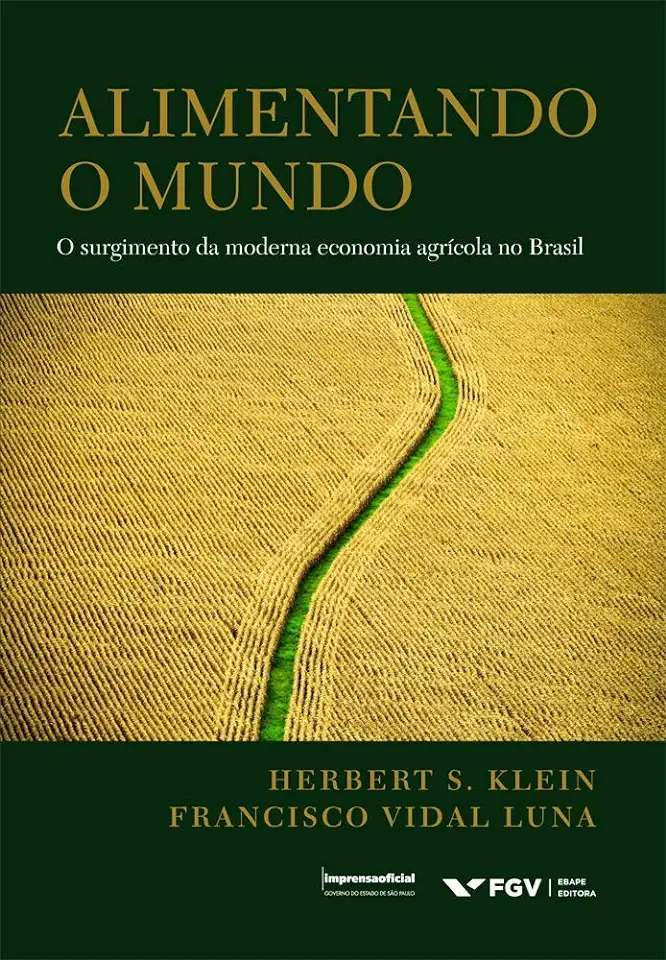
Brazil Since 1980 - Francisco Vidal Luna and Herbert S. Klein
Brazil Since 1980: A History of the Present
Introduction
Brazil is a country of contrasts. It is a land of stunning natural beauty, with lush rainforests, towering mountains, and pristine beaches. It is also a country of great inequality, with a small elite controlling much of the wealth and power, while millions of people live in poverty.
In Brazil Since 1980, Francisco Vidal Luna and Herbert S. Klein provide a comprehensive and insightful history of Brazil from the end of the military dictatorship to the present day. They explore the country's political, economic, social, and cultural developments, and offer a nuanced understanding of the challenges and opportunities that Brazil faces in the 21st century.
The End of the Military Dictatorship
Brazil's military dictatorship lasted for over two decades, from 1964 to 1985. During this time, the military suppressed political dissent, restricted civil liberties, and oversaw a period of rapid economic growth. However, the dictatorship also led to widespread corruption and human rights abuses.
In 1985, the military dictatorship finally came to an end, and Brazil began a transition to democracy. The country held its first free elections in decades, and a new constitution was adopted in 1988.
The New Democracy
The transition to democracy in Brazil was not without its challenges. The country faced a severe economic crisis in the 1980s, and there were several attempts to overthrow the new democratic government. However, Brazil persevered, and by the 1990s, the country had become a stable democracy.
Economic Growth and Inequality
Brazil experienced a period of rapid economic growth in the 1990s and early 2000s. This growth was driven by a number of factors, including the privatization of state-owned industries, the expansion of the agricultural sector, and the discovery of new oil reserves.
However, the economic growth of the 1990s and early 2000s did not benefit all Brazilians. The gap between the rich and the poor widened, and millions of people continued to live in poverty.
Social and Cultural Change
Brazil has also undergone significant social and cultural changes in recent decades. The country has become more urbanized, and the traditional family structure has begun to break down. There has also been a growing awareness of environmental issues, and Brazil has played a leading role in the fight against climate change.
Challenges and Opportunities
Brazil faces a number of challenges in the 21st century. These challenges include poverty, inequality, corruption, and environmental degradation. However, Brazil also has a number of opportunities, including its natural resources, its large population, and its vibrant democracy.
With careful planning and leadership, Brazil can overcome its challenges and become a more prosperous and just society.
Conclusion
Brazil Since 1980 is a comprehensive and insightful history of Brazil from the end of the military dictatorship to the present day. It is a must-read for anyone who wants to understand this complex and fascinating country.
Why You Should Buy This Book
Brazil Since 1980 is a well-written and engaging book that provides a comprehensive overview of Brazil's recent history. It is essential reading for anyone interested in Brazil, Latin America, or the global economy.
Here are a few reasons why you should buy this book:
- It is the most up-to-date history of Brazil available.
- It is written by two of the leading experts on Brazil.
- It is comprehensive and covers all aspects of Brazil's recent history, from politics to economics to culture.
- It is well-written and engaging, making it a pleasure to read.
- It is essential reading for anyone interested in Brazil, Latin America, or the global economy.
Don't miss out on this opportunity to learn more about Brazil. Order your copy of Brazil Since 1980 today!
Enjoyed the summary? Discover all the details and take your reading to the next level — [click here to view the book on Amazon!]